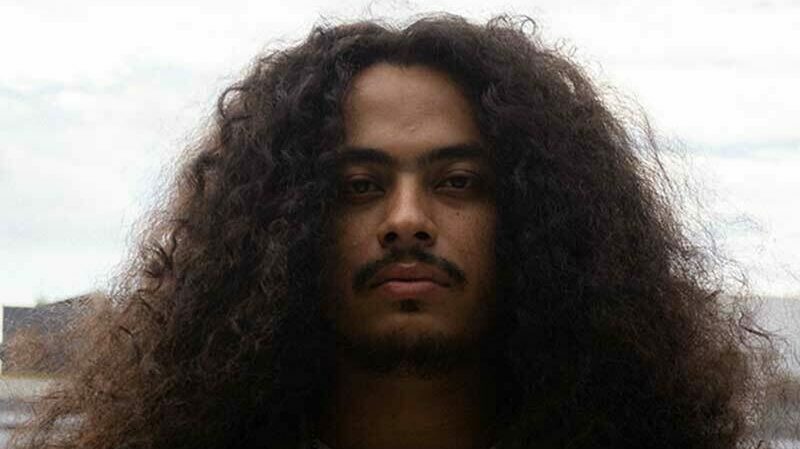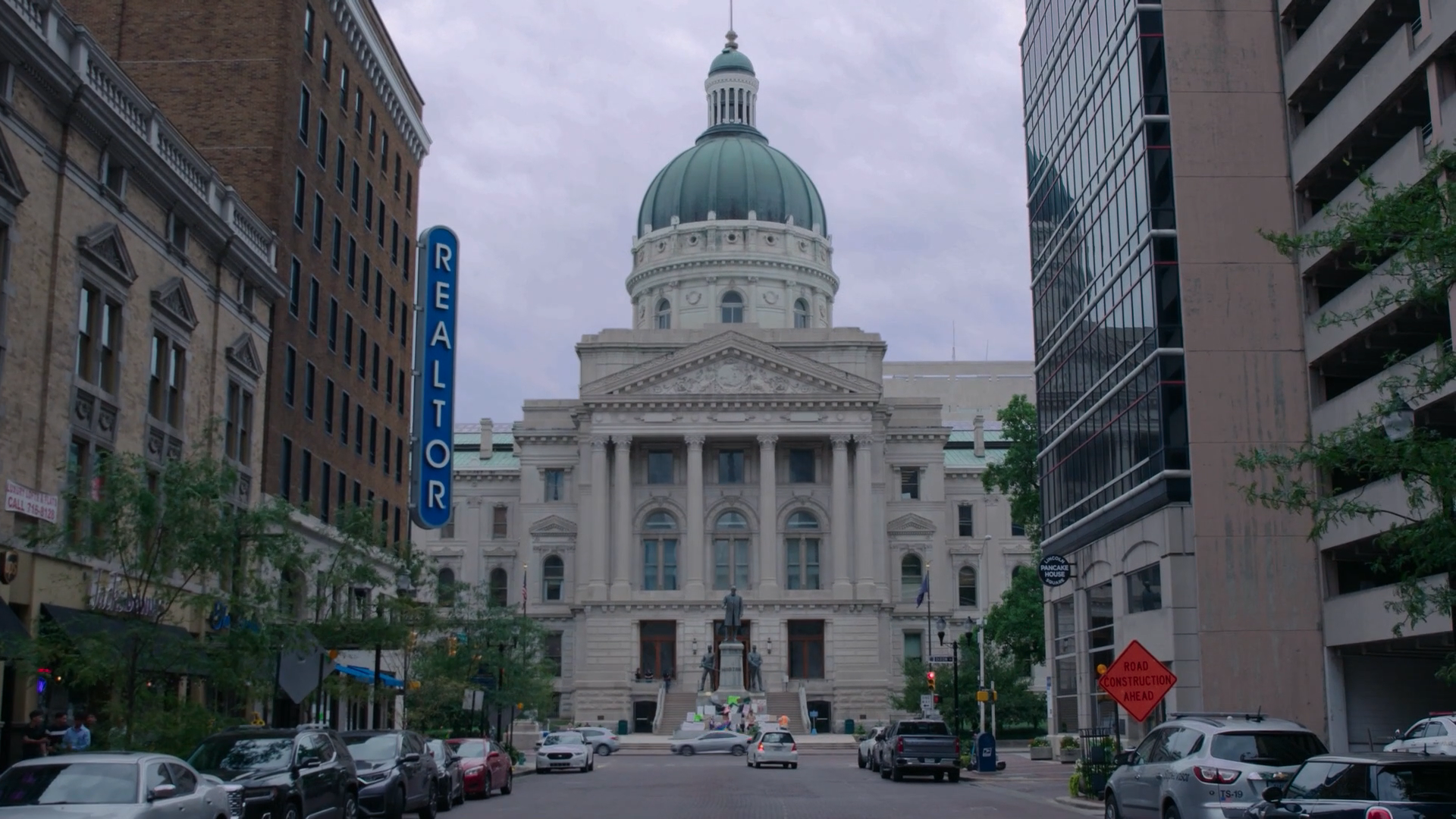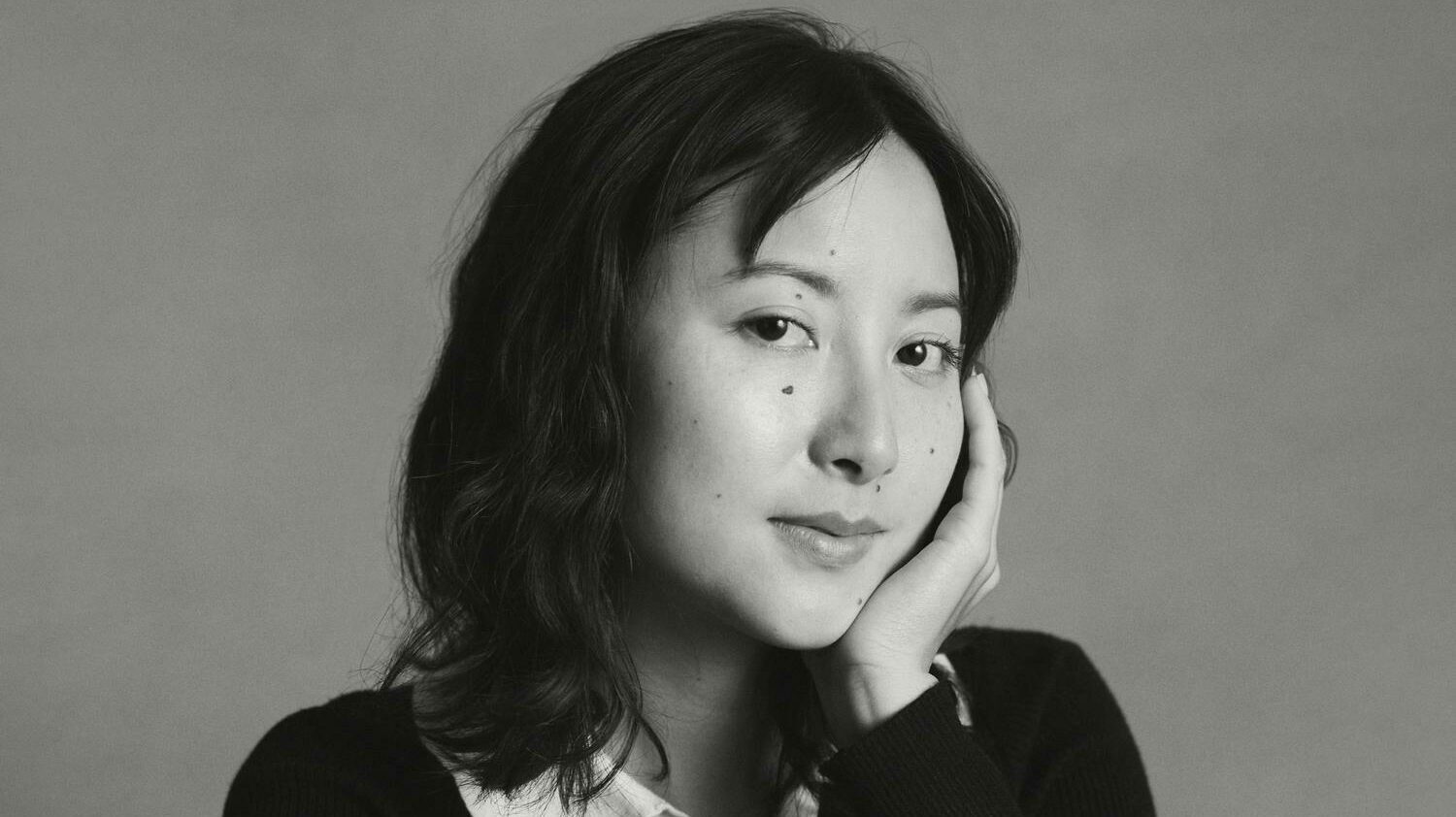The '17 Year Locust' Team Reflect on the Conversations That Inspired Their Film
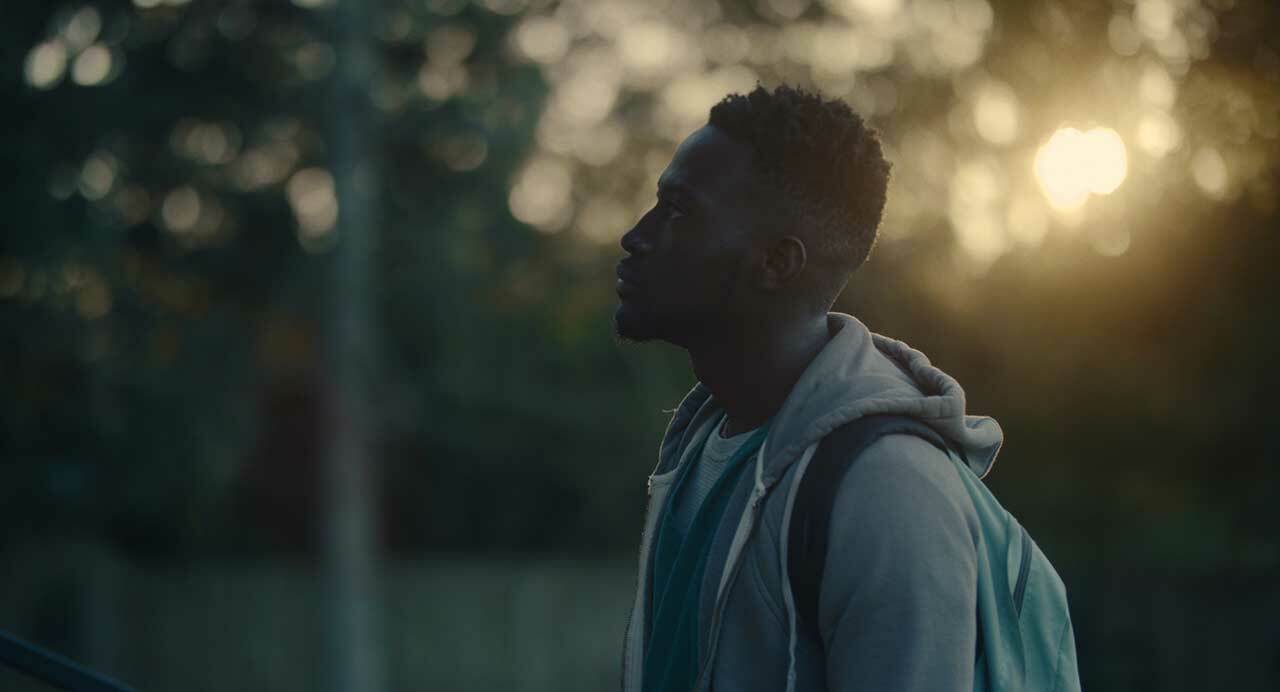
Filmmakers Logan LeBlanc, Allison Bohl DeHart, and Peter DeHart share their experience making "17 Year Locust," and the value of sharing such stories with the world.
Jonathan Nickens: Can you tell us more about the inspiration or backstory for “17 Year Locust”? Is your film based on any real-life characters or experiences?
Logan LeBlanc: The character René is loosely based on an actual friend of mine, Jean Denis, who also became our Haitian-French consultant for the film. We've known each other and worked together for years and the conversations we've had during that time definitely shaped the story of “17 Year Locust.” In fact, when he's asked how he ended up in Louisiana, René's response is almost a direct quote from a conversation about Jean's family's decision to move to the U.S.
I also used to work for a company that delivered medical equipment to elderly or hospice patients. The conversations I'd have with them always felt so special, like a front row seat to someone telling their life story. It was amazing how willing they were to share so much with a stranger. The character O is an amalgam of all of these people, woven together.
Jonathan: As independent filmmakers, did you face any unique challenges that you had difficulty overcoming during the filming process?
Do you feel that any of these challenges are unique to being filmmakers in south Louisiana?
Allison Bohl DeHart: As producers, it was challenging because we had an extremely tight budget and also had to film during October 2020 to meet our deadline. We set the filming dates to happen during a COVID plateau, but it was the height of hurricane season. Hurricane Delta had just hit two weeks before and Hurricane Zeta was actually out in the gulf during the days we filmed. Luckily, Lafayette did not get a direct hit so we were able to stay on schedule, but not knowing if a hurricane would cancel everything was extremely nerve-racking.
Jonathan: What do you want audiences to take away from “17 Year Locust”? In other words, what message do you hope is given to viewers after they watch the film?
Logan: Although the film is largely an intimate conversation between two people, I hope that people feel a sense of just how huge and profound the human experience is, and how beautiful it can be when we cross paths at just the right moment. We need to treasure those moments. I hope people can feel more connected to each other.
Jonathan: If you could give any independent filmmakers one piece of advice, what would it be?
Logan: Start making films with your friends about your personal experiences and have fun doing it. Even if you feel like you don’t have all the best gear, go for it. Don’t let the goal of perfection slow you down.
Jonathan: Any last comments you would like to add?
Allison: We're just very thankful that we've been given the opportunity to create this film and share it with the world. We feel like these stories embody who we are. Thank you #CreateLouisiana and PBS/LPB. It's truly an honor.
Jonathan: How can the public follow your future projects or contact you about your filmmaking? Do you all have websites or professional social media where the public can view your works?
Allison: Facebook and Instagram are the best way to contact us. [Our website’s can be found at Makemade and Logan LeBlanc].
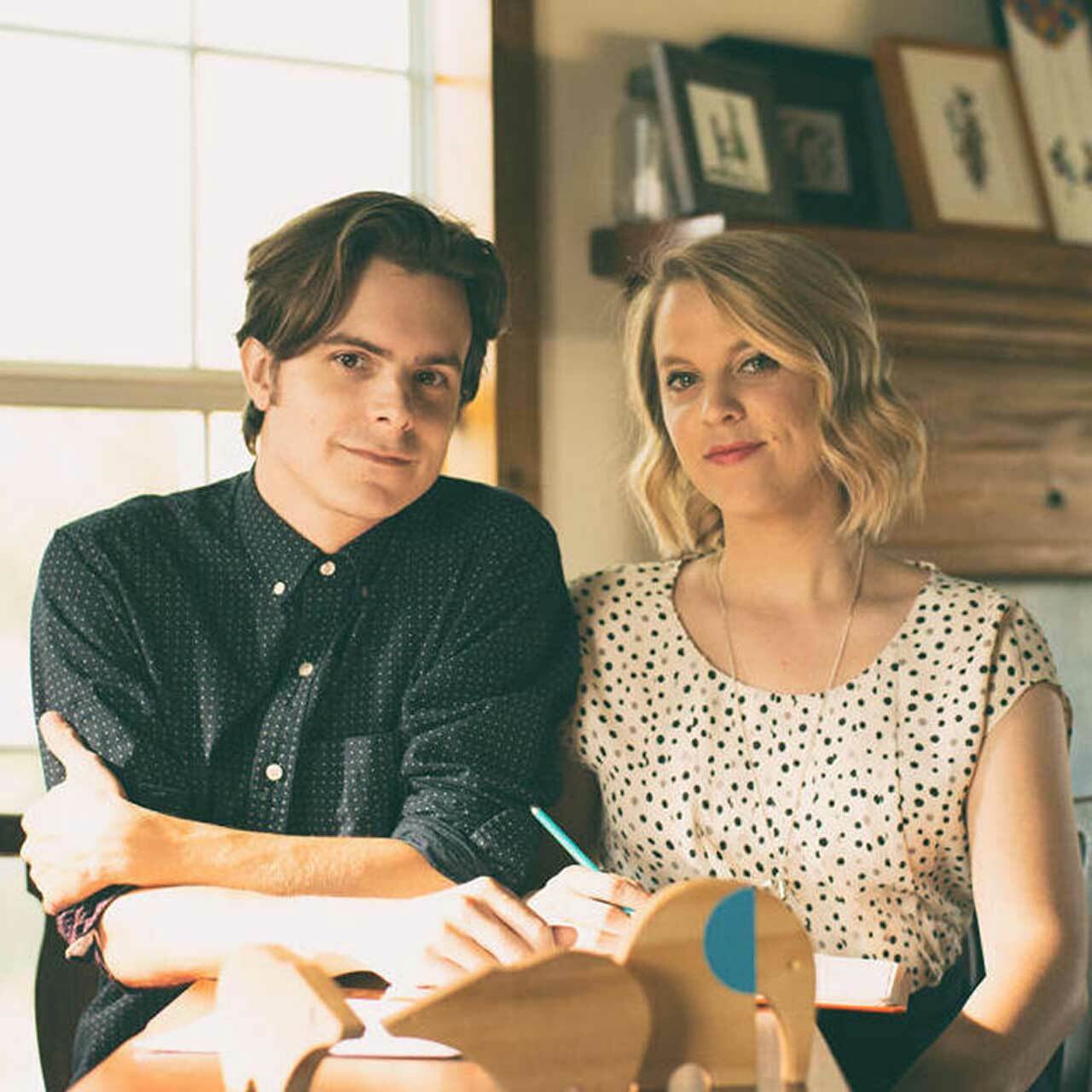
17 Year Locust
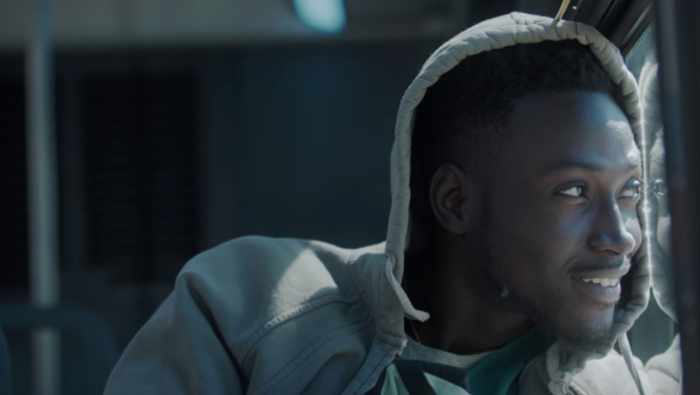
About the Author
More like this
Visit the Behind The Lens Blog